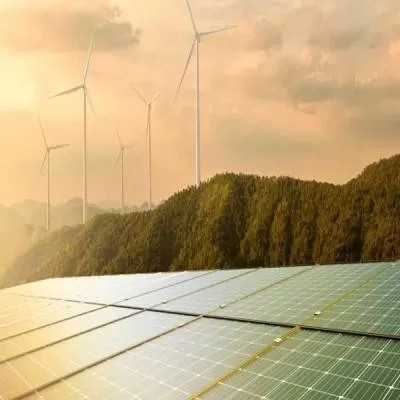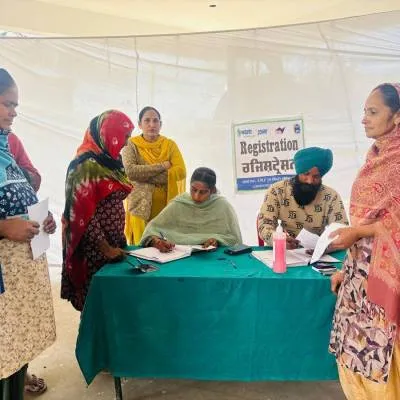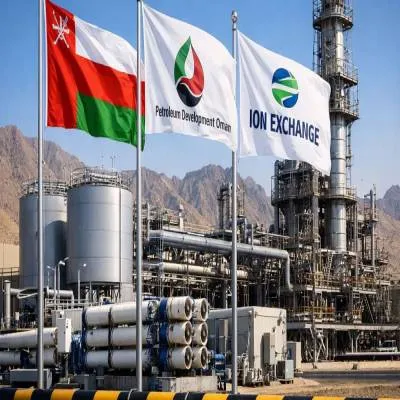Schedule a Call Back
Renewable Energy Projects Face up to 12-month Delay in PPA Signing
 India’s renewable energy sector is facing significant delays in the signing of power purchase agreements (PPAs), with around 80-90 GW of projects in the pipeline, of which 40-45 GW are experiencing delays, as reported by industry experts.
India’s renewable energy sector is facing significant delays in the signing of power purchase agreements (PPAs), with around 80-90 GW of projects in the pipeline, of which 40-45 GW are experiencing delays, as reported by industry experts.
Kannan Krishnan, the Joint Managing Director of Jakson Green, stated that these delays affect all renewable energy projects, including FDRE and RTC tenders. He mentioned that discoms are now more inclined to engage with projects that have higher capacity utilization factors. Krishnan added that there is a considerable lag in the signing of PPAs, with over 40 to 45 GW of renewable energy projects being impacted, including REIPs and discoms.
Vikram V, Vice-President and Co-Group Head of Corporate Ratings at ICRA, explained that there is an 8-9 month gap between the award of projects and the signing of PPAs or PSAs by the bidding agencies. This delay in signing causes the deferral of project execution since the timeline for execution starts only after the PPA is signed. He further noted that the renewable project pipeline remains large at 80-90 GW, but a substantial portion of this is waiting for PPAs or PSAs to be signed. While bidding activity remains robust and contributes to building the project pipeline for future capacity, Vikram stressed the importance of timely PPA or PSA signing to begin execution.
The delays are attributed to several factors, including regulatory uncertainties, financial challenges faced by discoms, mismatches between state and central policies, grid infrastructure limitations, and tariff rate disputes. Ravi Shekhar, Managing Director of Eninrac Consulting, highlighted that these delays, arising from structural and operational challenges, are affecting project timelines, causing cost overruns, lowering investor confidence, and increasing risk perception.
In 2022, while the planned RE capacity was 15 GW, PPAs were signed for only 9.5 GW, with delays of 6-12 months in PPA signing. In 2023, 12 GW of PPAs were signed for the 18 GW planned capacity, with delays of 8-10 months. In 2024, PPA signing is expected to experience a delay of 4-8 months.
Regarding states with the most significant delays, Renew’s 500 MW solar project in Gujarat faced a 12-month delay, while Adani Green’s 400 MW wind-solar hybrid project in Andhra Pradesh was delayed by 10 months. Tata Power’s 350 MW hybrid project in Karnataka was delayed by 9 months, as per data shared by the research consultancy up to November 2024.
Krishnan from Jakson Green explained that the government has a clear bidding trajectory for public sector undertakings such as NHPC, NTPC, SECI, and SJVN. Consequently, tenders are being auctioned without offtake agreements in place to meet the bidding calendar. He noted that previously, tenders were only auctioned when there was certainty about the PSA, ensuring an offtake agreement in a short duration. He suggested that the government should also establish a similar offtake calendar for discoms to align PPAs and PSAs.
Shekhar further identified the primary causes of delay, including the financial struggles of discoms, tariff disputes, policy misalignment, and grid infrastructure limitations. Many state-owned discoms face substantial debt, hindering their ability to commit to long-term PPAs. Delayed payments for existing renewable projects have further increased the reluctance to sign new agreements. He also mentioned that tariff disagreements between state and central governments often prolong negotiations, with developers seeking higher tariffs to cover inflation and costs, while discoms push for lower rates. Additionally, grid infrastructure limitations constrain the integration of large-scale renewable energy projects, leading discoms to be cautious about committing to new capacity.
Vikram from ICRA emphasized that the enforcement of Renewable Purchase Obligation (RPO) norms would be critical in prompting discoms to sign PPAs and PSAs. Another industry expert suggested that stronger penalties should be implemented on discoms for failing to meet RPO obligations quarterly.


Subscribe Now
Subscribe to our Newsletter & Stay updated
RECENT POSTS
Popular Tags
Folliow us
Related Stories
TSPL Mega Health Camp Reaches 338 Residents in Mansa
Talwandi Sabo Power (TSPL), Punjab’s largest and North India’s largest private thermal power plant, organised a Mega Health Camp at Village R...










